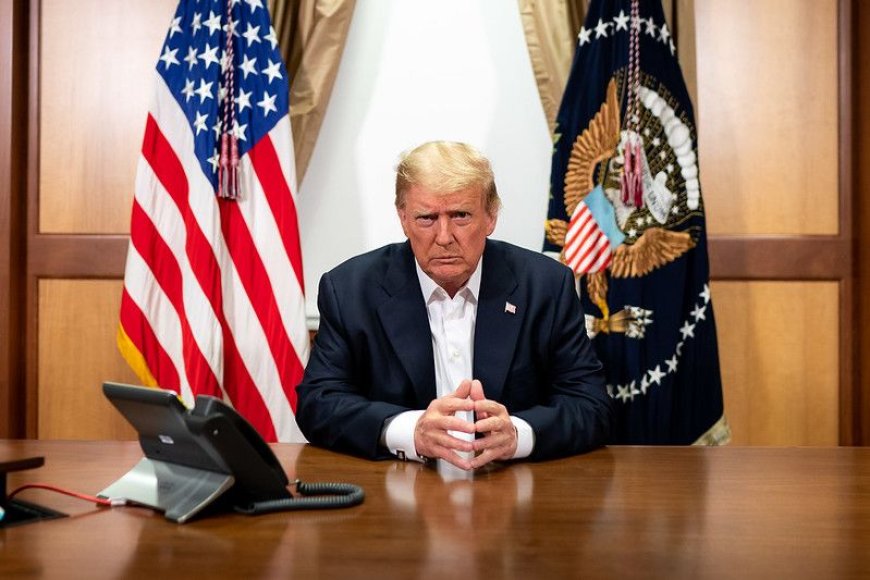'No McDonald’s and No Coca-Cola': India Responds to Trump’s Tariffs with Calls to Boycott American Goods
India reacts to Trump’s tariffs with nationwide calls to boycott U.S. brands like McDonald’s and Coca-Cola, boosting ‘Make in India’ sentiment.

Introduction
India’s consumer sentiment has taken a sharp turn as former U.S. President Donald Trump recently imposed 50% tariffs on Indian goods—triggering a wave of backlash and widespread calls across the country to boycott major U.S. brands like McDonald’s, Coca-Cola, Amazon, and Apple.
What Happened and Why
On August 7, 2025, Washington announced additional tariffs on Indian exports—bringing duties as high as 50%, especially affecting textiles, footwear, and jewelry shipments to the U.S.. In response, both business leaders and Prime Minister Modi’s supporters pushed for self-reliance, urging a shift toward domestic brands . The broader tension marks a significant dip in U.S.–India relations, as India explores new trade directions
Regional Reaction: The Boycott Movement in India
The backlash is gaining momentum, especially on social media—but also through real-world campaigns. Groups like Swadeshi Jagran Manch, closely linked to the ruling BJP, are organizing rallies and sharing lists of Indian alternatives over WhatsApp . These efforts promote nationalist sentiment and economic self-reliance.
What’s Next? Future Developments
-
Diplomatic Tensions: Trade relations may remain strained unless negotiations resume. India has signaled openness but demands fair terms
-
Economic Policy Shifts: India is focusing on bolstering domestic manufacturing and exploring new export markets, while incentivizing homegrown technology and reducing dependence on American goods
Significance of the Boycott Movement
This movement underscores growing nationalism and the ambition to foster a “Make in India” identity. It shows a rare alignment between grassroots activism and corporate voices pushing for economic sovereignty.
Advantages of the Boycott Push
-
Economic Empowerment: Enhances demand for Indian products and improves domestic revenue.
-
Cultural Pride: Encourages citizens to support local brands and are ge that Indian ingenuity can shine globally.
-
Strategic Autonomy: Reduces over-reliance on foreign entities in key sectors.
Disadvantages & Risks
-
Consumer Disruption: Availability of preferred U.S. products may diminish, inconveniencing many.
-
Business Impact: U.S. firms could suffer, affecting jobs and retail ecosystems.
-
Symbolic vs. Sustainable: Online boycotts may generate noise but have limited long-term impact unless supported by concrete policy shifts
Final Thoughts
India’s call to boycott American goods marks a bold rebuttal to trade pressure and signals a growing emphasis on self-dependence. While emotions run high, the real test lies in converting sentiment into structural shifts—like promoting local innovations and creating resilient supply chains. Whether this leads to lasting economic transformation or remains a symbolic stance will depend on sustained commitment from both government and citizens.

 Ellofacts
Ellofacts 





